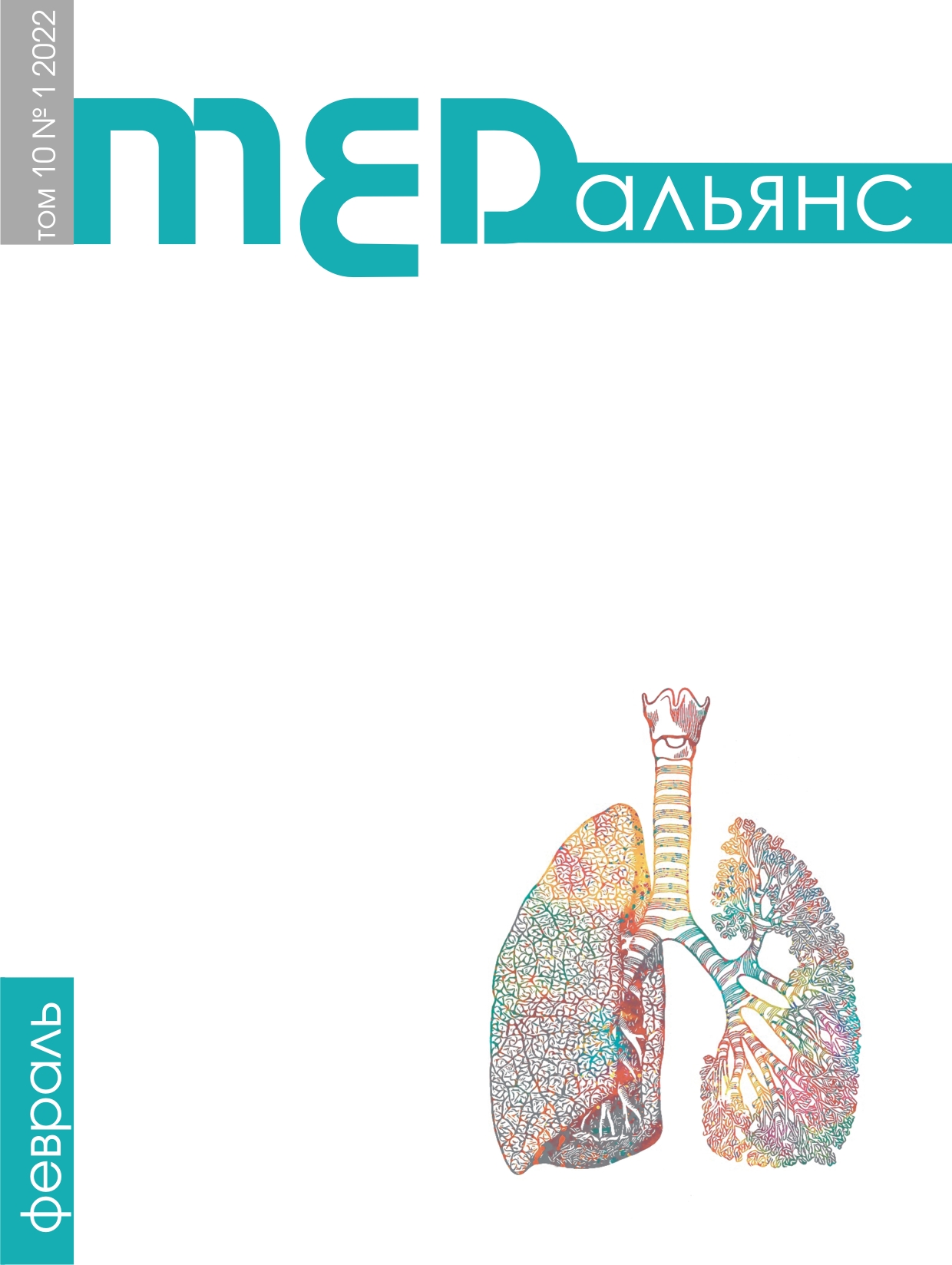Abstract
Introduction. The efficacy of multidrug resistant (MDR) and extensive drug resistance (XDR) tuberculosis (TB) therapy is not yet resolved up to now. New regimens including tioureidoiminomethylpyridinium perchlorate (Tpp) and bedaquiline (Bq) can improve the efficacy of treatment, but due to the growing comorbidities and lack of comprehensive assessment of their severity it is difficult to define the impact of such comorbidities on the efficacy of treatment in this cohort of patients.
Маterials and methods. Retrospective study has been conducted to review the efficacy of therapy in MDR and XDR TB patients from 18 years of age and with bacteri- al excretion (n=303), who received therapy from 2016 tо 2019. Patients were divided into two main groups: Group I — patients with MDR TB (n=153); Group II — patients XDR TB (n=150). Statistical analysis of the results was carried out via Statistica 10.0 and SPSS 16.0 & Graph- Pad Prism 6 software. Spearman’s correlation coefficient was applied, with meaningful p?0.05.
Results. The efficacy of therapywas statistically significant higher in MDR TB patients (66.7% vs 40.7%, where ?2=20.6, р<0.01), meanwhile XDR TB patients on the background of low efficacy of treatment show significantly high percent of defaulted treatment (16.7% vs 3.9%, where ?2=13.4, р<0.01). Comorbidity impacts of therapy in XDR TB pa- tients’ treatment especially chronic liver pathology and gastrointestinal diseases (GIT). However, applying Tpp and Bq in scheme of therapy, the treatment outcomes in XDR TB patients with Charlson comorbidity index (ChI) from 3 to 4 improved in 44,8 и 41,1% of cases respectively.
Conclusions. XDR TB patients are the most severe group of patients in terms of comorbidities that contribute to the low efficacy of treatment. Applying of Tpp and Bq in scheme of therapy allows to efficacy of treatment in 44,8 и 41,1% of cases respectively in severe comorbid- ity patients. It is recommended to use in scheme of ther- apy new anti-TB drugs (Tpp and Bq) after examination of chronic liver pathology and GIT diseases.

